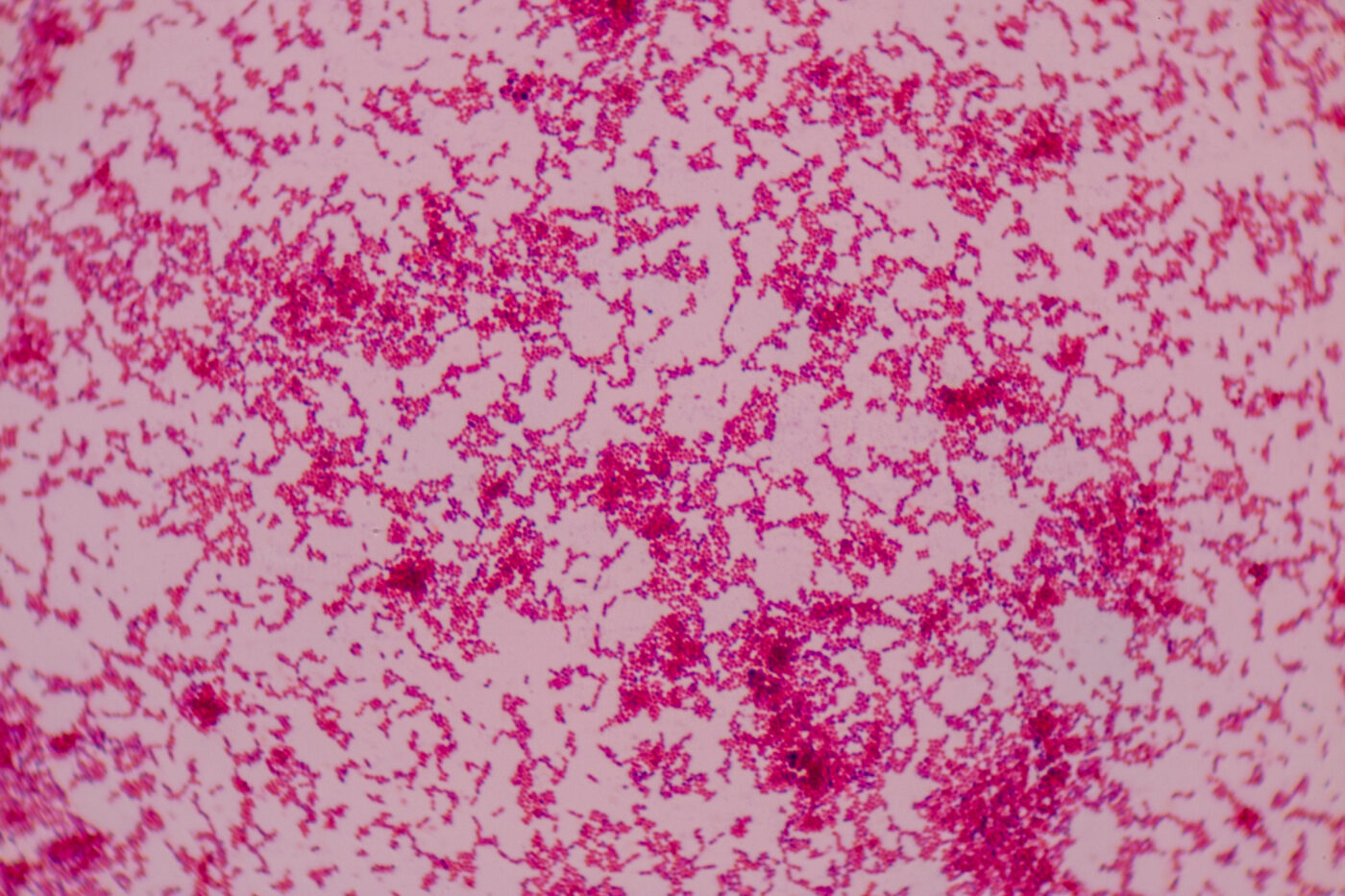What are the dangers of Hepatocellular Carcinoma (HCC)? This question worries many. HCC is a serious liver cancer. Early intervention of which can save lives. Hence, understanding and managing HCC risk factors is crucial. This article will explore HCC risk factors and strategies to reduce the disease burden. Simple steps can make a big difference. This information is vital for anyone at risk. Early action can prevent severe outcomes.
What Is HCC?
Hepatocellular carcinoma is a type of liver cancer. It starts in the liver cells. HCC is more common in men than women. However, people with liver disease are at higher risk. Its early detection is key to better outcomes. Knowing the signs and symptoms can help people reduce its occurence. Also, regular medical check-ups are crucial in its early detection. Its important that liver health should not be ignored. This cancer can be aggressive. Taking preventive measures is important.
Common Risk Factors Leading To HCC
Several factors increase the risk of HCC. Chronic liver diseases are major contributors. Hepatitis B and C are common culprits. Heavy alcohol use also damages the liver. Obesity and diabetes are growing concerns. These factors affect liver health significantly. They can lead to severe liver damage. Lifestyle choices impact risk levels. Understanding these factors can guide preventive actions.
Hepatitis B and C Infections
Hepatitis B and C infections pose significant risks. These viruses cause long-term liver damage and increase the risk of liver cancer. Hepatitis B can be prevented with vaccination. Hepatitis C is detected early through regular screening. Prompt treatment of these infections is crucial. Risky behaviors should be avoided to prevent infection. High-risk activities include sharing needles and unprotected sex.
Impact of Alcohol Consumption
The liver is harmed by excessive alcohol use. Severe liver disease, known as cirrhosis, can develop. The risk of HCC is raised by cirrhosis. Limiting alcohol intake is necessary for liver protection. Help should be sought for alcohol addiction. Drinking in moderation is recommended. Understanding alcohol’s effects on the liver is important. Liver function tests can detect early damage. Addiction can be managed with support groups. Healthy choices benefit liver health.
Connection Between Obesity, Diabetes, and Liver Cancer
Liver cancer is linked to obesity and diabetes. Fatty liver disease often occurs in obese individuals. HCC can develop from this condition. Weight and blood sugar levels must be managed. Healthy eating and regular exercise are vital. Sugary drinks and high-calorie foods should be avoided. Regular physical activity provides benefits. Blood sugar levels need to be monitored by diabetics. Liver health is improved by weight loss. A nutritionist can give personalized advice.
Genetic Factors
Family history plays a role in HCC risk. Genetic factors can predispose individuals to liver cancer. Knowing your family history is important. Genetic counseling can provide more information. It helps in taking preventive measures. Being aware of genetic risks can guide screening efforts. Discussing family history with a doctor is crucial. Early detection can lead to better outcomes.
How To Reduce HCC Risk Burden?
Preventive Measures
Prevention is better than cure. Lifestyle changes reduce HCC risk. Avoiding alcohol and maintaining a healthy weight is crucial. Regular check-ups and vaccinations help. Early intervention strategies are effective. Understanding the importance of liver health is key. Small changes can have big impacts. Educating oneself about risks is beneficial. Making informed decisions protects health. Prevention can save lives.
Healthy Lifestyle Choices
A healthy lifestyle can lower HCC risk. Eating a balanced diet is essential. Regular physical activity keeps the liver healthy. Avoiding harmful substances is important. Staying informed about liver health matters. Choosing whole foods over processed ones is advised. Hydration is also crucial. Reducing stress benefits overall health. Avoiding toxins and pollutants helps. Taking care of the liver supports longevity.
Regular Screening
Regular screening detects liver issues early. Blood tests and imaging studies are useful. High-risk individuals need frequent check-ups. Early detection leads to better treatment options. It improves survival rates. Screening can identify problems before symptoms appear. This allows for early intervention. Doctors can monitor liver health closely. Timely action can prevent severe outcomes. Regular health check-ups are essential.
Vaccination and Treatment
Vaccination prevents Hepatitis B infection. Early treatment of Hepatitis C reduces liver damage. Both actions lower HCC risk. Vaccines and antiviral drugs are effective. They protect liver health. Following vaccination schedules is important. Seeking treatment for infections promptly is crucial. Understanding the benefits of vaccination helps. Preventing infection reduces cancer risk. Medical advancements offer new hope.
Seeking Medical Advice
Consulting a doctor is important. Discuss your risk factors with a healthcare provider. Regular follow-ups are necessary. Doctors provide personalized advice. They guide on preventive measures. Seeking medical advice early can prevent complications. Understanding medical recommendations is key. Building a good relationship with a doctor helps. Follow-up appointments monitor health. Trusting medical professionals supports better outcomes.
Conclusion
Understanding HCC risk factors is essential. Early intervention strategies can reduce disease burden. Simple lifestyle changes make a big difference. Regular screening and medical advice help. Protect your liver health today. Taking proactive steps can save lives. Awareness and education are crucial. Early action prevents severe complications. Supporting liver health improves overall well-being. Making informed choices benefits everyone.



